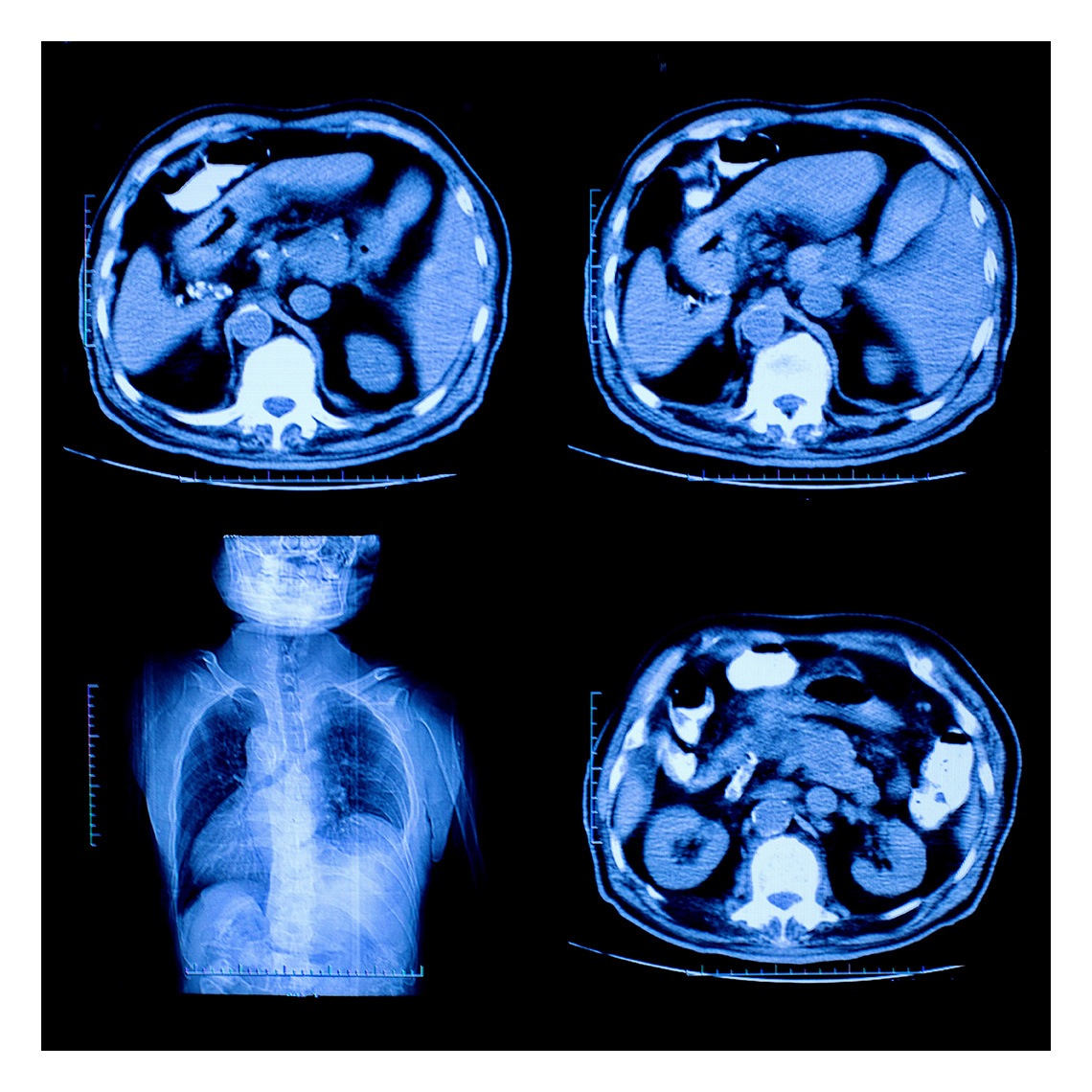Newsletter
Star Power
May 29, 2013
Celebrities can induce us to purchase a fragrance, crave a new car, or change our hairstyle…and they also impact health care decisions. When a movie star’s health news makes headlines, physicians who anticipate the downstream effects will be better prepared for patients with related symptoms or anxiety.
Today, many Angelina Jolie fans and followers are now familiar with health care terms that were not previously fanzine material: genetic cancer screening, BRCA1, prophylactic surgery. At the same time Jolie’s story has prompted debate about her decision and advocacy among clinical experts, it is also likely to give patients pause for thought about what’s lurking in their genes, and turning to their physicians for answers. As genetic screening offers patients and their physicians more information about current and potential health issues, mismanagement of such decisions, and the information that is generated, can put both parties at risk.
National malpractice data collected via CRICO’s comparative benchmarking system (CBS) indicate that, through 2011, few cases cited errors specifically related to genetic testing. But 21 percent of the 18,700 CBS cases studied do allege a missed or delayed diagnosis, often as a result of an inadequate family history or the mismanagement of (traditional) test results. As genetic testing becomes a more prevalent diagnostic tool (especially for cancer), the value of understanding the associated patient safety risks increases as well.
Much of what genetic testing can tell patients (or expecting parents) is about the risk chance for potential conditions, i.e., what might someday occur. Comprehensive counseling before and after the tests are performed helps align physician and patient expectations, and ensures sufficient communication regarding issues such as:
- Is the personal/family history complete enough to indicate genetic screening?
- Is the result going to be an actual diagnosis or a risk assessment?
- Is the information going to be actionable, i.e., could the patient/parents do anything to avoid contracting [disease X] or mitigate its impact?
- Is the meaning of the numbers (e.g., risk probability) clear?
- Is this result certain, or is a follow-up or confirming test necessary?
- If there is a preventive measure, when should that be done, and what are the associated risks?
- Are blood relatives at similar risk, and do they have to be notified?
- Did the results reveal anything beyond the focus of the testing?
Of course, genetic testing may not be indicated for some patients who seek it, and others may simply choose to forgo genetic testing, especially if the results might not be conclusive, or would identify an untreatable condition. Such discussions, and the patient’s choice, should be documented and periodically revisited. Being prepared for patient requests, and their subsequent genetic test results, will help both of you navigate this relatively uncharted territory.
Additional Reading
Latest News from CRICO
Utilization of Electronic Health Record Sex and Gender Demographic Fields: A Metadata and Mixed Methods Analysis

Characterizing Malpractice Cases Involving Emergency Department Advanced Practice Providers, Physicians in Training, and Attending Physicians

Teleradiology Medical Malpractice Cases

